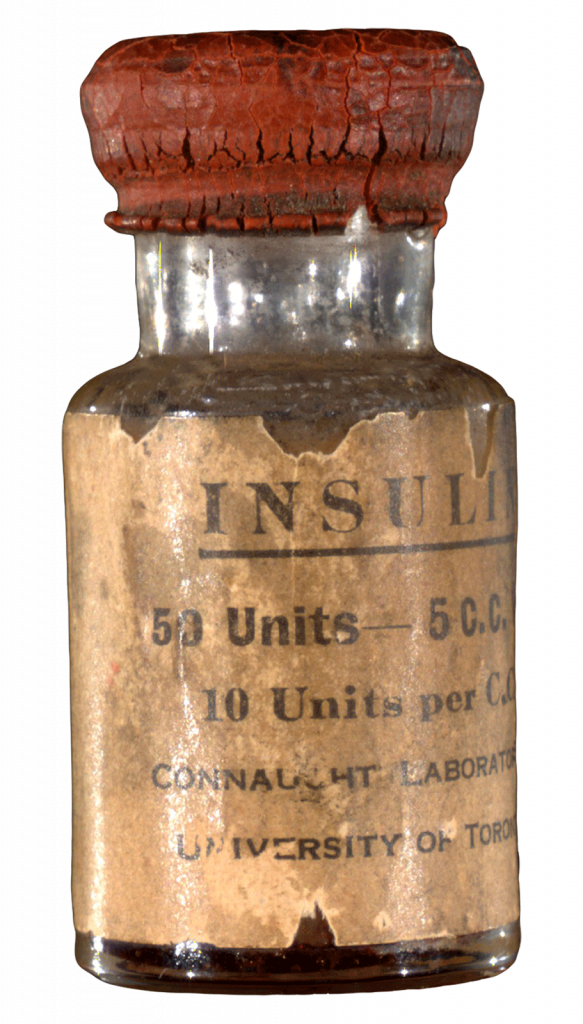“Insulin does not belong to me, it belongs to the world.”
-Frederick Banting on the sale of the patent for insulin to the University of Toronto for $1.
Toronto’s Gift to the World
The discovery of insulin by U of T 100 years ago is one of the most significant advances in the history of medicine. Few events have transformed the lives of so many people, so suddenly and profoundly. Insulin focused the eyes of the world on Toronto and placed us at the vanguard of medical research and treatment.

On this illustrious foundation, U of T and its hospital and industry partners built a culture of discovery, innovation and collaboration that has revolutionized health care in Canada and globally. The discovery of stem cells sparked the promising field of regenerative medicine. Deep learning, a game-changing artificial intelligence technique, further enabled the development of personalized, precision medicine. Our trailblazing genetic research opened new avenues for treating—and ultimately conquering—debilitating diseases, including diabetes. And our scientists, clinicians and global health experts are on the front lines of Ontario and Canada’s response to the global pandemic.
While a cure for diabetes is yet to come, the Nobel-prize winning discovery of insulin continues to save the lives of millions of people worldwide. In the years and decades ahead, we will keep pushing the boundaries of what’s possible, advancing the culture of ingenuity and collaboration that started a century ago with Frederick Banting, Charles Best, John J.R. Macleod and James B. Collip.
Where will the next 100 years take us?
Photo courtesy of Sanofi Pasteur Canada (Connaught Campus) Archives